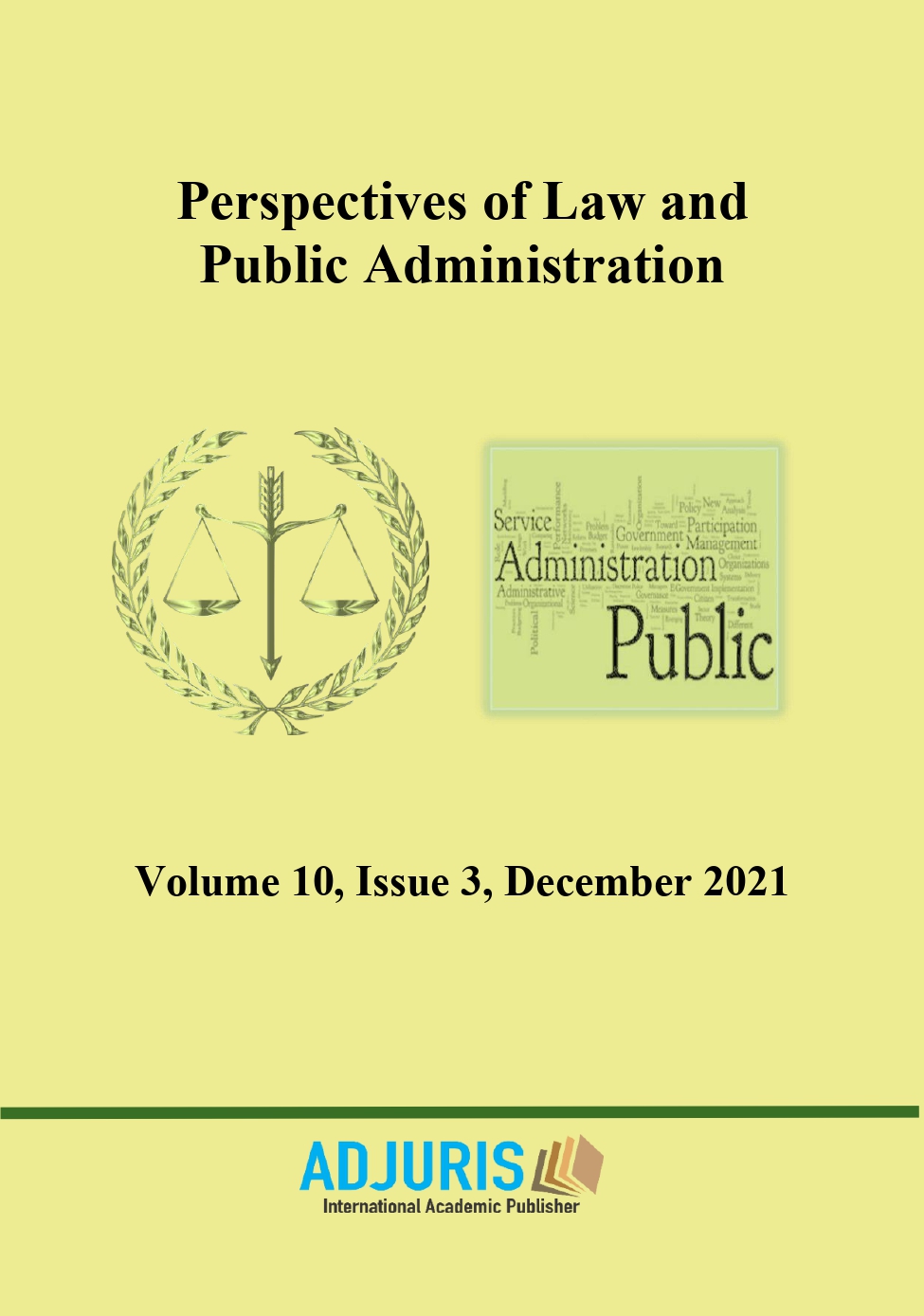RIGHT TO ADEQUATE STANDARD OF LIVING: A COMPARATIVE STUDY IN INDIA
RIGHT TO ADEQUATE STANDARD OF LIVING: A COMPARATIVE STUDY IN INDIA
Author(s): Prabhpreet SinghSubject(s): Human Rights and Humanitarian Law, Comparative Law, Administrative Law
Published by: Societatea de Stiinte Juridice si Administrative
Keywords: liberty; equality; standard of living; dignity; human right;
Summary/Abstract: Adequate standard of living promises the meaningful existence to human life. The life has essence when there is adequate clothing, food and nutrition, housing and the necessary conditions of care when required. Right to live the life with dignity includes in its ambit right to adequate standard of living. People should have access to basic needs for their living. World bank defines adequate standard of living inclusive of two elements: ‘The cost required to buy a minimum standard of nutrition and other basic necessities and a further amount that varies from country to country, reflecting the cost of participating in the everyday life of society.’ During last decade various international instruments have been pressing hard to right to adequate standard of living (Article 25, UDHR and SDG 11). It becomes noteworthy to see the manner in which these rights are provided in constitutions of different countries. Even when these rights find the place in the constitution it is not mandatory on the states to provide them in their respective jurisdiction. This is one such case which can be seen reflected in the constitution of India. Article 43 imposes a duty on the state to provide adequate standard of living but such a duty is not enforceable in court of law. Such rights find place only in directive principle of state policy which are not enforceable in court of law. Hence the right depends on the wishes and economic capacities of the state. Also it becomes relevant to address the manner in which judiciary protects such constitutional guarantees. As, we can see that many of these rights become a far-fetched dream for the citizens, the author strongly believe that understanding such issues from the comparative perspective would provide several benefits, including sensitising the stakeholders. Therefore, the authors would elaborate a comparative study with the perspective of India.
Journal: Perspectives of Law and Public Administration
- Issue Year: 10/2021
- Issue No: 3
- Page Range: 371-379
- Page Count: 9
- Language: English

